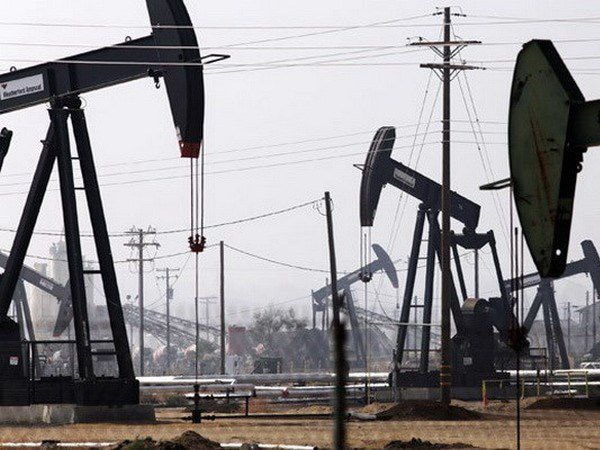OPEC's optimistic outlook on oil demand in 2015
The world's three largest energy agencies have just forecast that the demand for oil from the Organization of the Petroleum Exporting Countries (OPEC) will increase this year. This is considered an optimistic signal that oil demand will soon improve.
 |
| Illustration photo (Source: Reuters) |
Specifically, on February 9, the Organization of the Petroleum Exporting Countries (OPEC) forecast that the group's oil demand this year will average 29.21 million barrels per day, an increase of 430,000 barrels per day from the previous estimate.
A day later, on February 10, the International Energy Agency (IEA) also raised its forecast for OPEC oil demand by 200,000 barrels per day to 29.4 million barrels per day.
On the same day, the US Energy Information Administration (EIA) predicted that OPEC will produce about 30.05 million barrels per day in 2015, up from the previous forecast of 29.91 million barrels.
According to the Saudi Arabia News Agency (SPA), Saudi Arabian Oil Minister Ali al-Naimi said that there has been a relative improvement in the oil market as demand increases and prices stabilize during the current period.
The Eurozone economy grew better than expected in the fourth quarter of 2014, while Germany, the region's largest economy, recorded a growth rate twice as fast as expected.
The positive figures are a sign of an upcoming economic recovery, raising hopes that oil demand will soon improve.
OPEC countries pump about 30 million barrels of crude oil per day, equivalent to nearly a third of global crude demand. Increased demand for OPEC oil is often seen as a positive sign for the "black gold" market.
After a glut in oil supplies caused global oil prices to fall 60 percent since June 2014, Saudi Arabia, OPEC's top member and the world's largest oil exporter, urged its members not to cut production and sought to oust US competitors from the market.
Low oil prices could force US companies to cut production because the cost of exploiting shale oil and gas fields is much higher than the cost of extracting conventional oil.
A new report by international energy agencies also shows that cheaper crude oil prices are forcing shale oil and gas companies and other oil producers to cut investment and are now reducing supplies.
The news pushed North Sea Brent crude oil prices to nearly $62 a barrel, up more than 35 percent from a nearly six-year low of $45 a barrel on January 13, although still far from the peak of $115 a barrel reached in June 2014.
However, observers remain cautious about the outlook for crude demand in the near term. David Fyfe, a former IEA official and now head of research at Gunvor, noted the steady trend in supply and demand in the market over the past several months, but said it was too early to judge whether the era of cheap oil was coming to an end.
According to Vietnam+
| RELATED NEWS |
|---|
